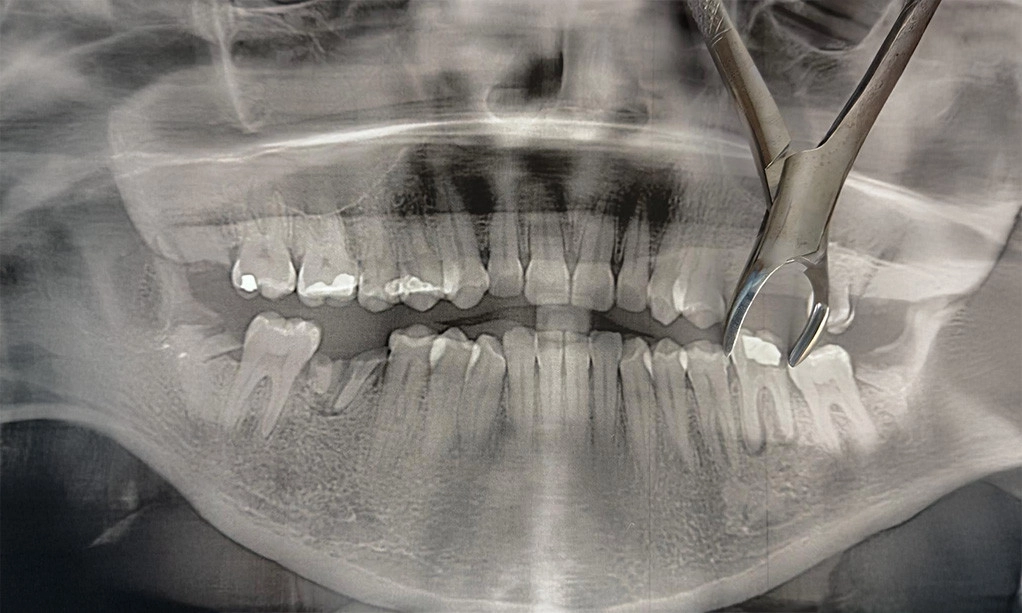
Extractions
No one really gets excited about losing a tooth. But sometimes, pulling a tooth is the best decision; not because it's ideal, but because it prevents bigger problems later on. It’s less about doing something drastic and more about stepping in at the right moment before things get worse.
Extractions, whether due to discomfort, illness, or congestion, are more frequent (and less frightening) than most people realise. The most important thing is to do the process with clarity, care, and a calm, well-informed attitude.
Why Teeth Sometimes Need to Go
Although teeth are powerful, they are not unbeatable. Leaving one in place when it is too broken or compromised to repair might result in more significant problems, such as spreading infection, altering bite alignment, or ongoing pain. Typically, extractions are advised in the following circumstances:
- A tooth that’s deeply decayed or fractured beyond repair
- Ongoing infection that hasn’t responded to root canal therapy or antibiotics
- Making space before orthodontic treatment or preparing for implants
- Wisdom teeth that are impacted or causing pressure on nearby teeth
- A break that extends below the gum line, leaving no surface to restore
These decisions aren’t made lightly. Before suggesting removal, a thorough evaluation is always done, and alternatives are discussed openly. It's not a rushed or routine call. It’s a choice made with your long-term health in mind.
The Procedure: What It Feels Like
The majority of extractions are simple and rapid. You may feel pressure or movement, but there shouldn't be any severe discomfort because the region is numbed with a local anaesthetic. The actual extraction usually takes only a short time, particularly if the tooth is already loose or broken.
More preparation could be needed for more complicated instances, such as impacted wisdom teeth or intricate root systems. For people who are nervous or want a higher degree of comfort, sedation solutions are offered. We guide you through what's going before, during, and after, so it's important that you keep informed.
Aftercare and Healing
Post-extraction recovery is usually simple if the instructions are followed. Some swelling and tenderness are normal for the first couple of days, but that quickly improves with rest and care. Patients are given clear guidelines, including:
- How to manage swelling and discomfort
- What foods to stick with (soft, cool, and easy)
- How to avoid disturbing the site during healing
- Signs that should prompt a follow-up call
More Than Just a Procedure
Caring for someone who needs a tooth extracted is not the same as having a tooth extracted yourself. There should never be a sense of impersonality or hurry. Answers are necessary for questions. Issues must be addressed. Physical and mental comfort should come first. That is the benchmark that directs each stage of this procedure.
Dealing with a tooth that’s giving you trouble?

